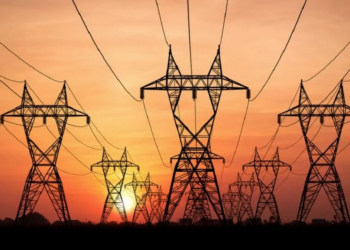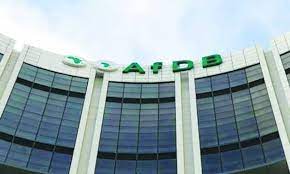Managing Director of the Nigerian Bulk Electricity Trading Plc, Nnamdi Nnemeka has revealed that the power sector in the country was largely challenged by drought of investors.
Nnemeka disclosed this during the discussion at the WorldStage Economic Summit 2023 held in Lagos with the theme: National Dialogue on Electricity.
Mr. Johnson Akinnawo who represented Dr. Nnamdi Nnemeka on the panelist, bemoaned the complexity in the entire chain of power generation, distribution and transmission by raising a concern that in spite of the large amount of money that had been pumped in by successive governments, electricity supply remains unreliable.
Akinnawo argued that states were not financially endowed, a situation he said might create unintended unfavorable gaps in electricity supply to the respective public and eventually defeat the very essence of the policy of liberalization. He argued further that some states might be able to meet up with the financial capability needed to train and set up regulators.
“So, the solution to the challenge of gas in electricity generation is sufficient exploitation as well as exploration of gas to meet domestic needs for assured investment bankability. Model of concessioning the grid must be made bankable to encourage investors,” Akinnawo recommended.
He warned however that breaking up the grid had its advantages and disadvantages, explaining that if the grid is broken down into smaller units, it would take a toll on the main or larger ones whenever problems occurred.
But he emphasised that the federal government is yet to take a decision about breaking the grid down to smaller units as suggested by some sections of the Nigerian public.
He canvassed that for the privatization to succeed and ensured seamless electricity supply, the gas sector needed to be improved since power generation requires gas supply.
Another panelist, Mr. Gabriel Idahosa, Deputy President of the Lagos Chamber of Commerce & Industry (LCCI) who represented the President, Dr. Michael Olawale-Cole, said to the contrary that refusal by the federal government to grant electricity distribution companies the right of transmission
had compromised their advantage to make profit.
While admitting that investment might not have yielded enough results in the past, he assured that with the coming of the 2023 Electricity Act, there’s no hope for state governments to take the advantage to improve electricity supply to their respective communities and make profit as well.
Idahosa stated that the power sector had gone through a series of reforms leading to federal government acceptance that it didn’t have the expertise to improve and privatise electricity.
He disclosed that the country was generating about 14,000 megawatts of electricity but that due to all sorts of technicality and complex management, the Nigerian public could not enjoy more that 4000 to 5000MW total output.
Also exposing the defects that had been causing the country enormous electricity shortage, the representative of Mr. Dele Kelvin Oye, National President, Nigerian Association of Chambers of Commerce, Industries, Mines and Agriculture (NACCIMA), Mr. William pointed out that electricity generating companies in Nigeria were challenged by inadequate infrastructure to operate optimally and urged the government to address the problems.




